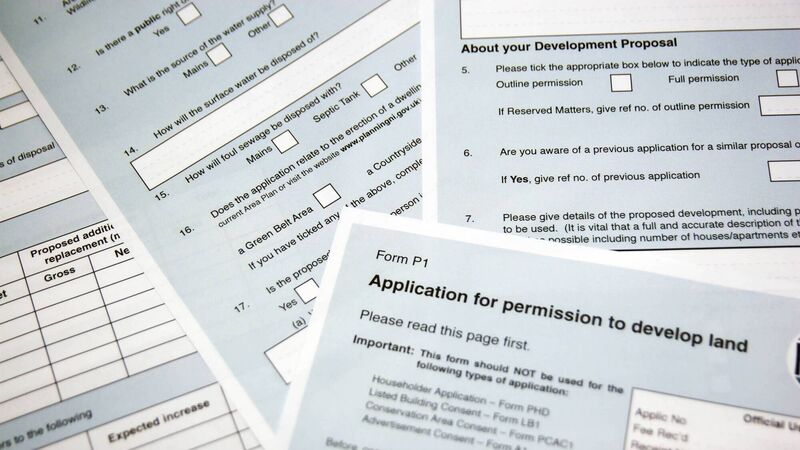Department of Housing sharply criticised for bringing forward planning Bill that is 'not fit for purpose'

One of the Government’s own amendments, if approved, would ban planning authorities from refusing permission to developers solely on the basis that the area is already maxed out
The Department of Housing has been sharply criticised for bringing forward a planning Bill that is “not fit for purpose” after it tabled nearly 400 changes to its own legislation.
Debating the new Planning and Development Bill, which has been before the Oireachtas for more than a year, has now been delayed for an additional two weeks after the Government missed three separate deadlines for the finalisation of the draft law.










